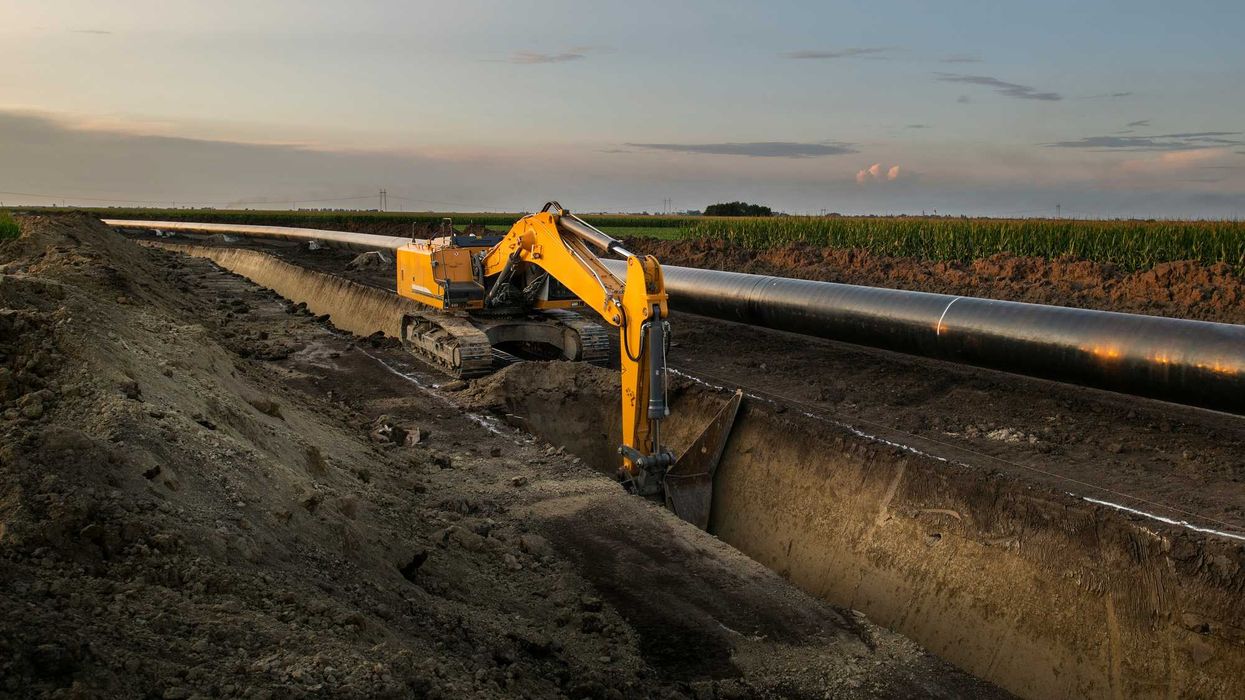Governor Phil Scott has allowed Vermont's groundbreaking climate legislation to pass without his signature, marking a pivotal moment in the state's environmental policy.
Emma Cotton reports for VTDigger.
In short:
- The “Climate Superfund Act” requires major oil companies to pay for climate change damages in Vermont, calculated based on their emissions from 1995 to 2024.
- Vermont's new “Flood Safety Act” introduces stricter building regulations in river corridors, enhances wetland protections, and increases dam safety to mitigate future flooding risks.
- Despite concerns about legal challenges and implementation timelines, these laws aim to fund climate resilience projects and reduce future disaster costs.
Key quote:
“What’s incredibly clear is these companies that are responsible for the climate crisis aren’t going to pay Vermont a dime unless we take an action like this.”
— Ben Edgerly Walsh, Vermont Public Interest Research Group
Why this matters:
Vermont's new laws set a national precedent by holding oil companies accountable and proactively addressing climate change impacts, hopefully leading to improved public health and environmental resilience. Read more: How the “Halliburton Loophole” lets fracking companies pollute water with no oversight.














